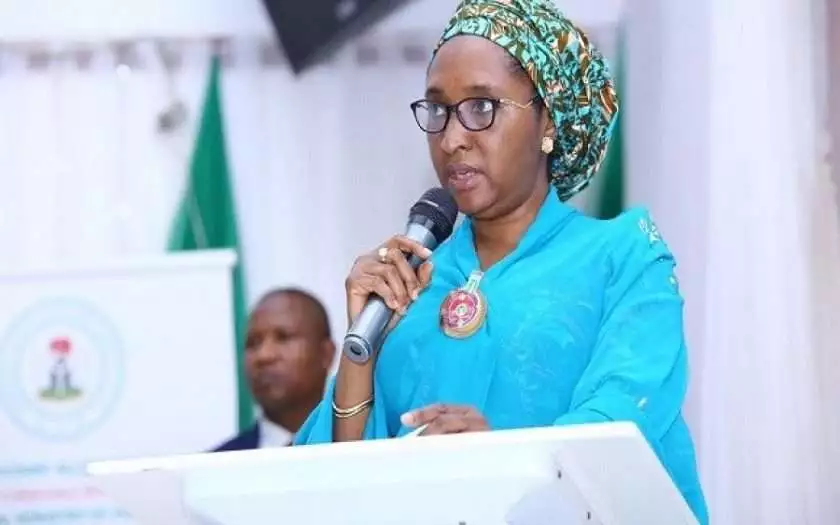The Debt Management Office, DMO, has dismissed fears over the nation’s rising debt. The debt Office announced on Thursday that the total debt stocks now stands at over N46 trillion.
This has not gone down well with many Nigerians who have condemned the administration of President Muhammadu for taking to much loan.
But the debt Office says the federal has not borrowed beyond the acceptable threshold.
According to the DMO report on Thursday, Nigeria’s total public debt stock increased to N46.25 trillion or $103.11 billion as of December 2022.
The total debt was N39.56 trillion or N95 billion as at December 31, 2021, an increase of over N6 trillion within one year.
The DMO said, “In terms of composition, total Domestic Debt Stock was N27.55 trillion (USD 61.42 billion) while Total External Debt Stock was N18.70 trillion (USD 41.69 billion).
“Amongst the reasons for the increase in the total public debt stock were new borrowings by the FGN and sub-national governments, primarily to fund budget deficits and execute projects. The issuance of promissory notes by the FGN to settle some liabilities also contributed to the growth in the debt stock.
“On-going efforts by the Government to increase revenues from oil and non-oil sources through initiatives such as the Finance Acts and the Strategic Revenue Mobilization initiative are expected to support debt sustainability.”
“The total public debt to gross domestic product (GDP) ratio for December 31, 2022, was 23.20 per cent and indicates a slight increase from the figure for December 31, 2022, at 22.47 per cent.
“The ratio of 23.20 per cent is within the 40 per cent limit self-imposed by Nigeria, the 55 per cent limit recommended by the World Bank/International Monetary Fund, and, the 70 per cent limit recommended by the Economic Community of West African States.”





